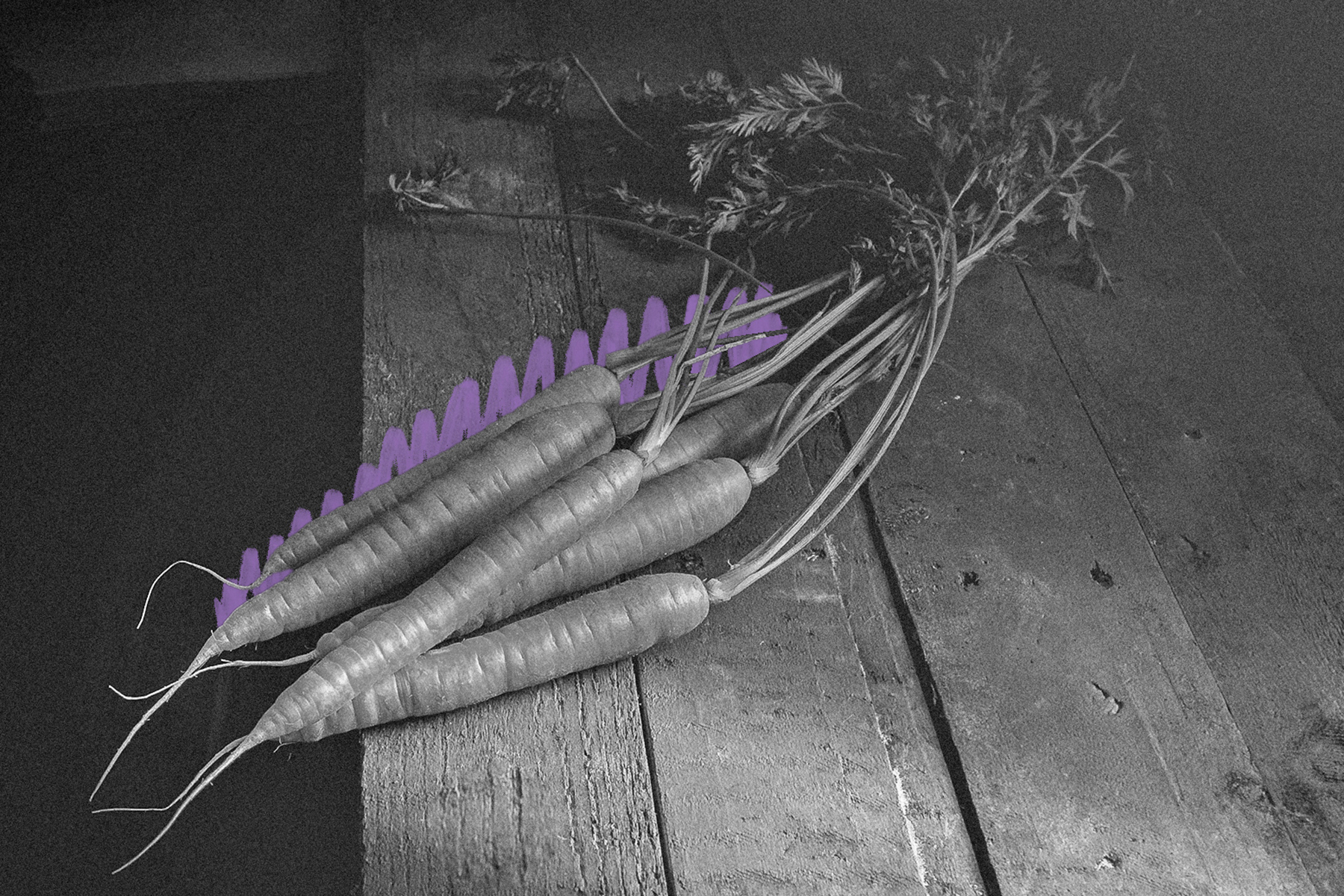The myth that carrots improve your eyesight comes from WWII.
Carrots offer many health benefits, but improved eyesight isn’t one of them. The myth that superhuman vision is attainable if your diet resembles that of Peter Rabbit persists all the same, and it has a surprising origin: World War II. While it’s true that everyone’s favorite orange vegetable is good for your eyes if you’re deficient in vitamin A, this truth was stretched past its breaking point by British propaganda during the war.
With meat, sugar, and other foods rationed for the war effort, carrots were among the vegetables that citizens were encouraged to grow and eat more of in their victory gardens, and Britain ended up with a large carrot surplus. This resulted in a promotional campaign led by Doctor Carrot, “the children’s best friend” who encouraged Britons to cook vegetable-heavy recipes and reduce the surplus, and a Disney cartoonist went so far as to create an entire family of anthropomorphic carrots based on the character. Britain’s Food Ministry told citizens that carrots could help them see in the dark during blackouts, which were common at the time in order to avoid German bombers. The myth may have served another purpose, too. It’s often reported that in order to conceal the invention of on-board Airborne Interception Radar from the Germans, the British attributed their pilots’ skills — particularly, the ability to hit targets in darkness — to the habit of eating lots of carrots.









